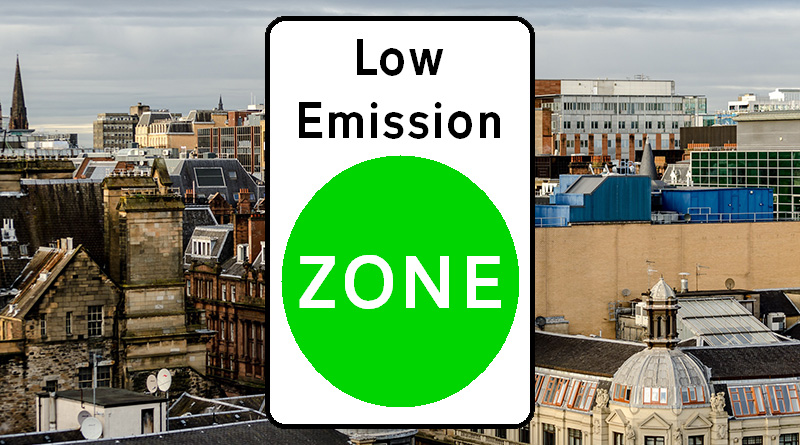SLTA ‘Deeply Concerned About Negative Impact’ of Glasgow’s LEZ Zone

The SLTA (Scottish Licensed Trade Association) has said it is “deeply concerned about the negative impact” Glasgow’s Low Emission Zone (LEZ) will have on the hospitality sector.
Paul Waterson, media spokesperson for the SLTA, said:
“The introduction of the LEZ today is concerning for a number of industry sectors, and from a licensed hospitality perspective we are deeply concerned about the negative impact this exclusion initiative will have on the hospitality and night-time economy sectors and those that supply our industry.
“As an organisation, together with our members we care greatly about creating cleaner, less-polluted city centres. However, this must be achieved in the right way, at the right time, with a fully integrated approach.
“Recent air quality reports show that Glasgow’s air quality is good and meeting required standards – so why is it necessary to introduce phase two of this scheme?”
Mr Waterson pointed out that Scotland’s largest city already suffers from a “chronic lack of late-night transport provision to ensure safe and reliable transportation home for customers socialising and staff working in the city centre – something the licensed hospitality sector takes very seriously”.
He noted: “There is already a dearth of taxis serving the city centre and if hundreds more taxis are taken off the road, then how do customers and workers get home? Or do they just forget going into the city centre for work or to socialise in the first place which will be another hammer blow to Glasgow’s pubs and bars.
“And let’s not forget that these LEZs will be rolled out to most of Scotland’s other major cities next year.”
Calling for a “much-improved, fully integrated and affordable public transport system in Glasgow” to make the scheme work, Mr Waterson added: “Taxi drivers need increased assistance with finance to help them invest in new, compliant vehicles or to help them upgrade their current cabs.
“Industry, local councils and the Scottish Government all need to work hand in hand to make this work. We want it to succeed and make our city centres cleaner, less-polluted environments – but it needs to be done in the right way so everyone benefits.”
